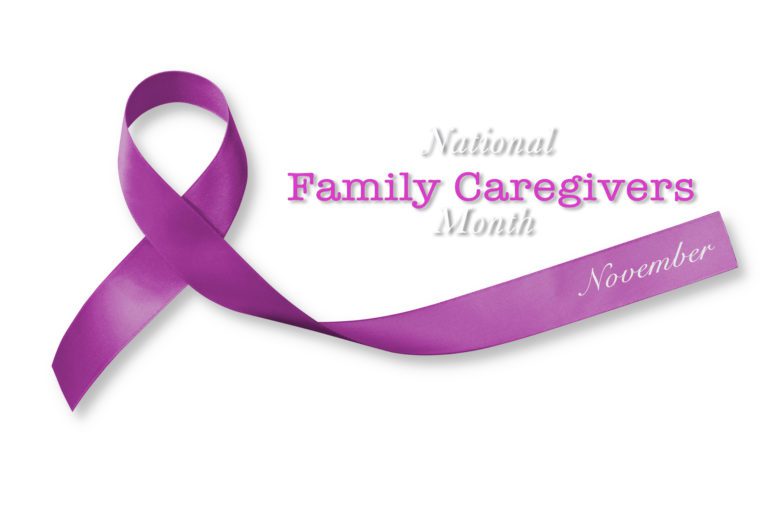When it comes to providing compassionate care for individuals facing serious illnesses, hospice and palliative care play crucial roles. These two approaches share similarities but also have distinct differences in their focus and scope. Understanding the disparities between hospice and palliative care is essential for individuals and families navigating complex healthcare decisions. In this article, we will explore the key differences between hospice and palliative care, highlighting the unique aspects of each approach and shedding light on the valuable services provided by From The Heart Home Care.
Table of Contents
- What is Hospice Care?
- What is Palliative Care?
- The Differences Between Hospice and Palliative Care
- Conclusion
What is Hospice Care?
Hospice care is a specialized form of medical care that focuses on providing support and comfort to individuals who are in the final stages of a terminal illness. The primary goal of hospice care is to enhance the quality of life for patients, ensuring they receive comprehensive physical, emotional, and spiritual care during their end-of-life journey. Hospice care is typically provided in the patient’s home or in a dedicated hospice facility, and it is available to individuals of all ages.
Learn More: Hospice Care Services in Greenville
Key Features of Hospice Care
- Patient-Centered Approach: Hospice care revolves around meeting the unique needs and preferences of the patient. The care team works closely with the patient and their loved ones to develop a personalized care plan that addresses their physical, emotional, and spiritual needs.
- Pain and Symptom Management: Hospice care places a strong emphasis on pain and symptom management. A multidisciplinary team, including doctors, nurses, and other healthcare professionals, collaborates to ensure that the patient remains as comfortable as possible.
- Emotional and Spiritual Support: In addition to physical care, hospice care providers offer emotional and spiritual support to patients and their families. They understand the emotional challenges associated with end-of-life care and provide counseling and guidance throughout the process.
- 24/7 Availability: Hospice care teams are available around the clock to address any concerns or emergencies that may arise. This provides peace of mind to patients and their families, knowing that help is just a phone call away.
What is Palliative Care?
Palliative care, similar to hospice care, focuses on improving the quality of life for individuals facing serious illnesses. However, palliative care can be provided at any stage of the illness, not just during end-of-life care. Palliative care aims to alleviate pain and symptoms, address emotional and spiritual needs, and offer support to patients and their families throughout the treatment process.
Learn More: Benefits of Palliative Care for Cancer Patients in Home Settings
Key Features of Palliative Care
- Comprehensive Care: Palliative care encompasses a wide range of services, including pain management, symptom control, emotional support, and coordination of care. It addresses the physical, emotional, and spiritual aspects of the patient’s well-being.
- Collaboration and Communication: Palliative care teams work closely with the patient, their family, and the primary care physician to develop a personalized care plan. They facilitate open and honest communication, ensuring that all parties are well-informed and actively involved in decision-making.
- Flexibility and Continuity: Palliative care can be provided alongside curative treatments and therapies. It is not limited to end-of-life care and can adapt to the changing needs of the patient throughout their illness. The continuity of care ensures that patients receive consistent support and assistance.
- Support for Caregivers: Palliative care recognizes the significant role of caregivers and provides them with the support they need. Caregivers often face emotional and physical challenges while caring for their loved ones, and palliative care offers resources and guidance to ease their burden.
The Differences Between Hospice and Palliative Care
While hospice and palliative care share common goals, there are several key differences that set them apart.
- Timing of Care: Hospice care is typically provided when the patient has a life expectancy of six months or less. Palliative care, on the other hand, can be initiated at any stage of the illness, from the time of diagnosis onwards.
- Focus on End-of-Life: Hospice care is specifically designed for patients in the final stages of a terminal illness. It prioritizes comfort and quality of life during the patient’s remaining time. Palliative care, on the other hand, can be administered alongside curative treatments and is not limited to end-of-life care.
- Treatment Goals: In hospice care, the primary goal is to ensure comfort and quality of life. Curative treatments are typically discontinued to avoid unnecessary discomfort. In palliative care, the focus is on alleviating symptoms and improving the patient’s overall well-being while continuing with appropriate medical treatments.
- Reimbursement: Hospice care is covered by Medicare, Medicaid, and most private insurance plans. Palliative care may or may not be fully covered, depending on the healthcare provider and insurance plan.
- Location of Care: Hospice care is often provided in the patient’s home or in a dedicated hospice facility. Palliative care can be administered in various settings, including hospitals, nursing homes, and outpatient clinics.
- Eligibility Criteria: To receive hospice care, patients must have a life-limiting illness and a prognosis of six months or less. Palliative care is available to individuals with serious illnesses, regardless of their life expectancy.
Learn More: How to Choose the Best Home Care Services for Your Loved One
Conclusion
In summary, hospice and palliative care are both invaluable approaches that focus on improving the quality of life for individuals facing serious illnesses. Hospice care is provided to patients in the final stages of a terminal illness, while palliative care can be initiated at any stage of the illness. From The Heart Home Care understands the unique needs of patients and their families during these challenging times, providing compassionate and comprehensive care that respects their preferences and promotes comfort and well-being.







